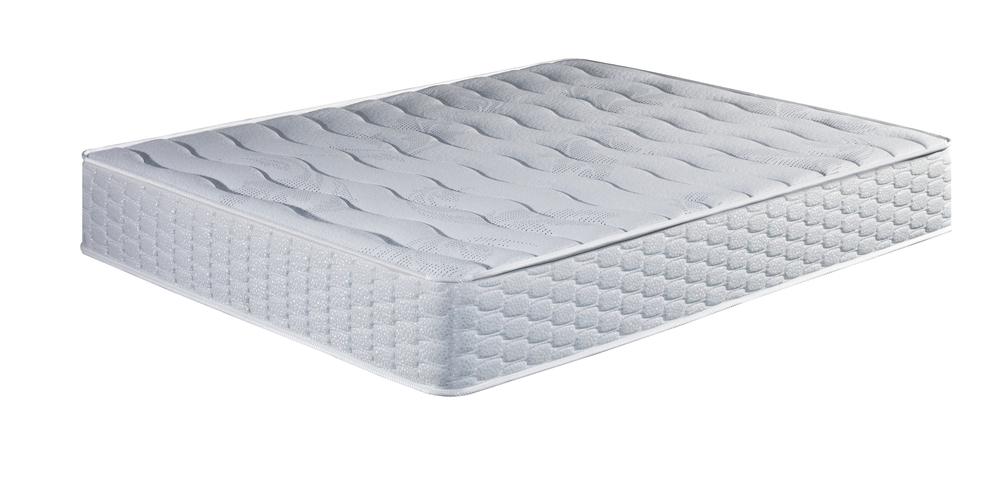How to Select the Ideal Mattress for Restorative Sleep
Discover how to select the perfect mattress for healthy, restful sleep. Learn key tips on support, comfort, and additional features like motion isolation and temperature regulation. Picking the right mattress promotes spinal health, enhances comfort, and ensures quality sleep, leading to better overall well-being. Personal testing and understanding your sleep preferences are crucial for finding the ideal fit. This guide offers practical advice to help you make an informed decision, ensuring you wake up refreshed and free from discomfort every morning.

How to Select the Ideal Mattress for Restorative Sleep
Getting 6 to 8 hours of sleep nightly makes choosing the right mattress vital for health and well-being. Although popular reviews can be helpful, they might not fit your unique body shape and sleep preferences. Picking a mattress aligned with your needs ensures optimal support, reduces back and spine issues, and promotes waking up refreshed. An inadequate mattress can lead to discomfort and long-term health concerns. Focus on comfort and support to find the best mattress for quality sleep and overall health.
Many underestimate the significance of a high-quality mattress, often resulting in unsuitable choices. While customer ratings are useful, they may not suit everyone. Personal testing of various options helps determine the best fit. Consider your specific comfort needs, sleeping style, and body support requirements. Reliable ratings depend on how well a mattress supports your natural posture and comfort. Prioritize factors like support and comfort for a restful sleep experience and long-term health benefits.
When choosing a mattress, focus on two key elements:
Support
A suitable mattress maintains correct spinal alignment, preventing pain. It should contour to your body's curves whether you sleep on your side, stomach, or back. Excessively firm mattresses can misalign hips and shoulders, causing discomfort. Too soft options may lack support, resembling a hammock. Ideally, the mattress should support your neutral posture and keep your spine straight during rest.
Comfort
Comfort is equally crucial. The mattress should not cause pressure points or discomfort during position changes. An uncomfortable mattress results in frequent adjustments, restless sleep, and fatigue. Test your choice by lying on it for several minutes; if it feels comfortable, it’s a good sign. A quality mattress offers pressure relief and minimizes movement disruption.
Additional factors to consider include:
Motion Isolation
For shared beds, select a mattress that dampens movement transfer to avoid disturbing your partner.
Temperature Management
Opt for options with ventilation and cooling features to prevent heat buildup and ensure comfortable sleep all night.
Durability & Edge Support
If you sit or sleep near the edge, choose a mattress with reinforced borders for better stability and longevity.
Keeping these considerations in mind will help you find a mattress that enhances sleep quality and provides lasting comfort.
Note:
Our articles provide insights into various topics based on thorough research, but should not replace professional advice. We do not guarantee the accuracy of all information and recommend independent verification. Market offers and promotions may vary; consult experts for personalized guidance.


